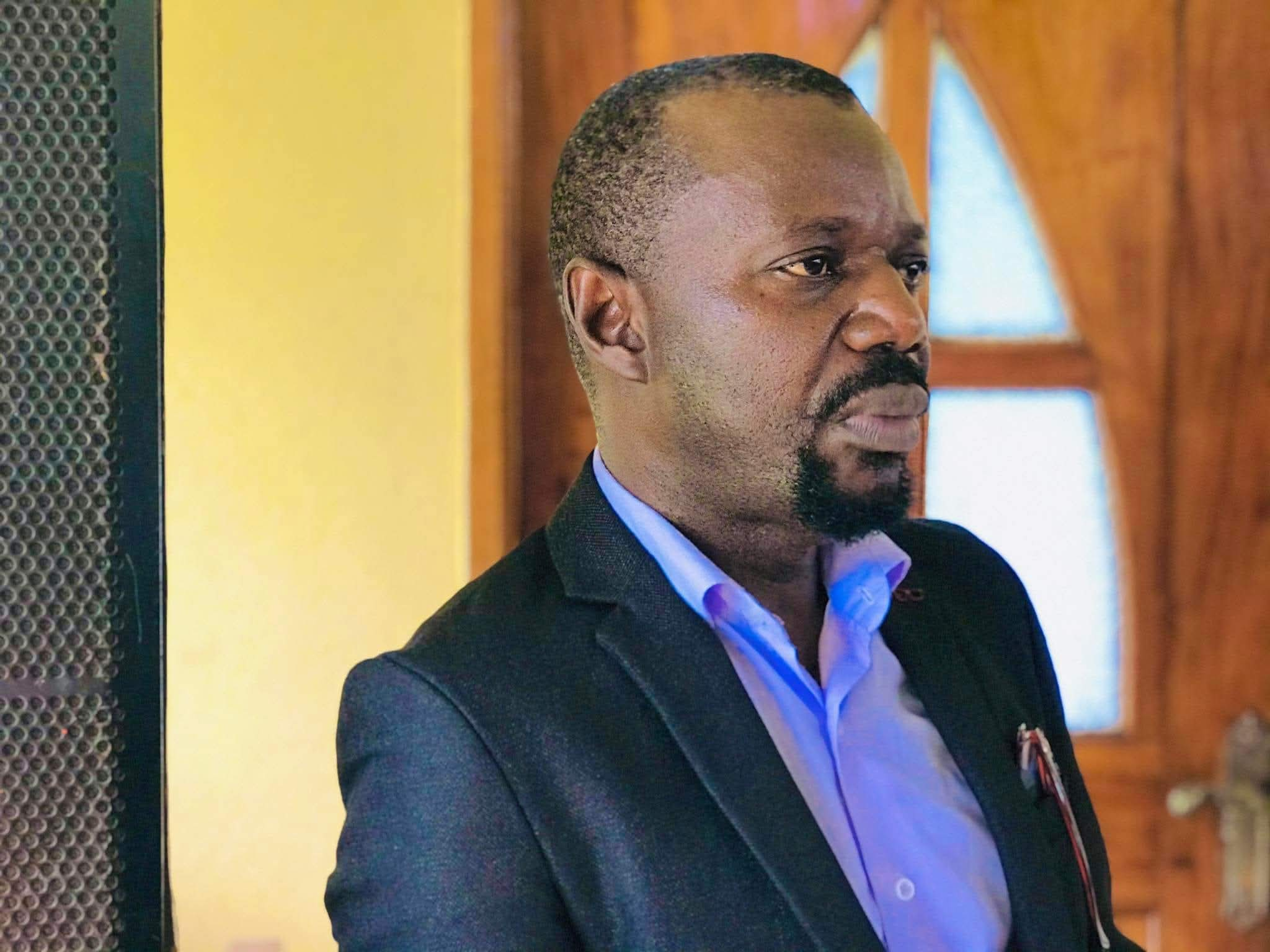Mr. Raymond P. A. Fangawa -Vice President for Academic Affairs
Vice President for Academic Affairs: The vice president for academic affairs oversees the establishment of guidelines for all educational programs for the University. He identifies the needs of faculty and staff, as well as ensure that proper hiring practices are followed. Other duties include evaluating student needs and allocating budget funds. The VPAA coordinates with the Deans and Department chairs as necessary. The Vice President for Academic Affairs, often known as the Chief Academic Officer or Provost in some institutions, plays a crucial role in an educational institution's executive administration. Their responsibilities are vast and varied, depending on the specific needs and size of the institution. Below are some common facets of this role: 1. Academic Leadership: He oversees the academic integrity of the institution, which includes directing and coordinating all educational and teaching activities, developing academic policies and programs, and ensuring the quality of faculty and curriculum. 2. Faculty Management: He is often in charge of faculty recruitment, retention, evaluation, and professional development. They also may oversee faculty promotions and tenure processes. 3. Strategic Planning: He participates in strategic planning and implementation, working with other university leaders to align academic goals with the overall mission of the institution. This can involve making decisions about new program creation, current program enhancement, or sometimes even program elimination. 4. Budget Management: He may be responsible for the academic budget, including allocating resources among academic departments and programs. 5. Collaboration with other Administrators: He often work closely with other senior leaders, contributing to decisions on campus planning, enrollment management, student services, and more. In terms of necessary skills and experiences, most institutions require candidates for this position to have an advanced degree (usually a doctorate) and extensive higher education experience. They should be skilled in strategic planning, budgeting, and personnel management. Excellent communication skills, integrity, and a commitment to fostering diversity and inclusion are also important. |


































